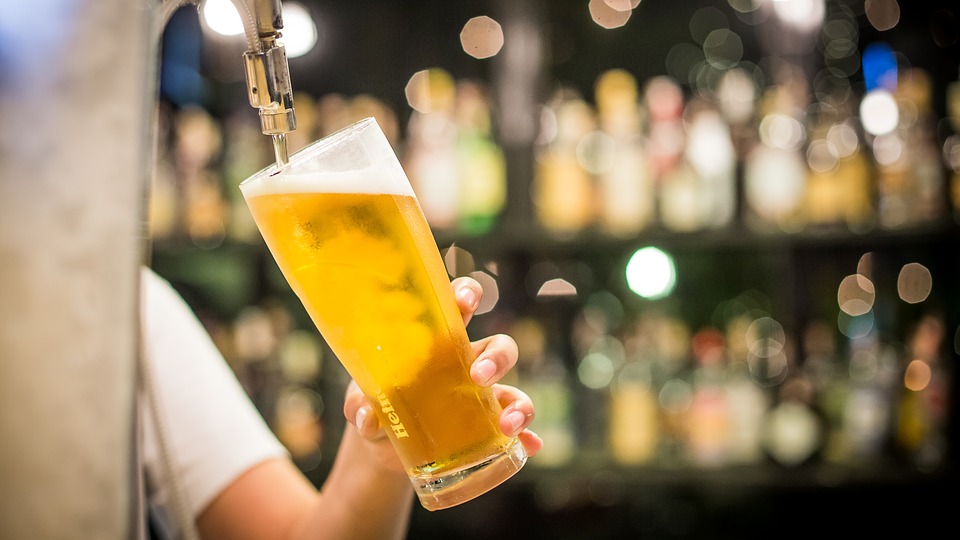Home brewing is increasingly becoming a favorite past time activity for people that love making their beer. You can quickly learn how to make good beer using a starter kit. But if you are one of those people that would prefer learning everything you possibly can, you have to due diligence on your part for some brewing tip sand insights. That said, here are some some brewing tips and gadgets that will help you make quality beer.
Immersion Wort Chiller
 Wort Chillers play a vital role in the brewing process – they lower the risk of bacterial contamination. It is worth noting that not all starter kits come with the wort chiller. Thus, if you are not fortunate enough to have one, think about getting it soon. This gadget is used to hasten the cooling process of the wort, which reduces the risk of contamination. Depending on your budget and brewing preferences you can either go for a unit made from stainless steel or one from copper.
Wort Chillers play a vital role in the brewing process – they lower the risk of bacterial contamination. It is worth noting that not all starter kits come with the wort chiller. Thus, if you are not fortunate enough to have one, think about getting it soon. This gadget is used to hasten the cooling process of the wort, which reduces the risk of contamination. Depending on your budget and brewing preferences you can either go for a unit made from stainless steel or one from copper.
Auto Siphon
Another gadget that should be on your brewing list is the auto-siphon. This tool is used to transfer the beer to a keg or secondary vessel. You only need to prime the pump, then leave the beer to be transferred to the other container. Buying an auto siphon goes a long way in freeing up your hands for other brewing tasks.
PH Meter
PH levels are critical to the brewing process. This is attributed the fact that the brewing process relies on some enzymes to break down the starches. As such, a PH meter or a PH strip serves to help you ensure that the PH levels are neither too high nor too low. PH strips are relatively cheaper than meters, but for accurate and reliable measurements, get a PH meter.
Refractometer
 Most home brewers start their brewing exploits using a hydrometer, which is a fairly decent tool by home brewing standards. However, a refractometer can be an even better addition looking at what if does. Refractometer helps you monitor the specific gravity as well as the amount of sugars in the brew. Watching these parameters and keeping them at optimum levels goes a long way in improving the quality of your beer.
Most home brewers start their brewing exploits using a hydrometer, which is a fairly decent tool by home brewing standards. However, a refractometer can be an even better addition looking at what if does. Refractometer helps you monitor the specific gravity as well as the amount of sugars in the brew. Watching these parameters and keeping them at optimum levels goes a long way in improving the quality of your beer.
You also need to invest in things like digital thermometers, sparge arm and wort aerations systems among others. It is worth noting that your brewing requirements always determine the gadgets chosen. Therefore, identify how you would like your beer to taste and get the right gadgets.

